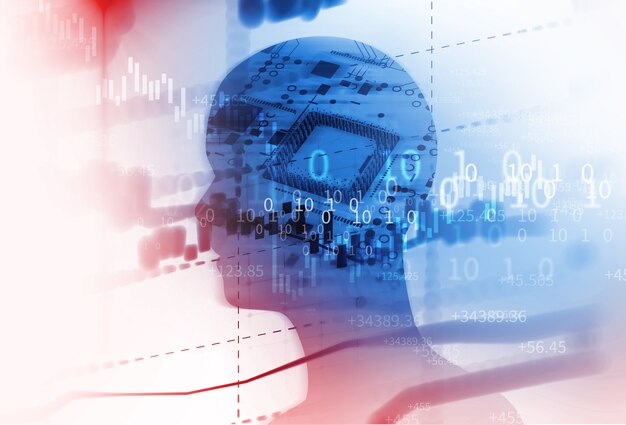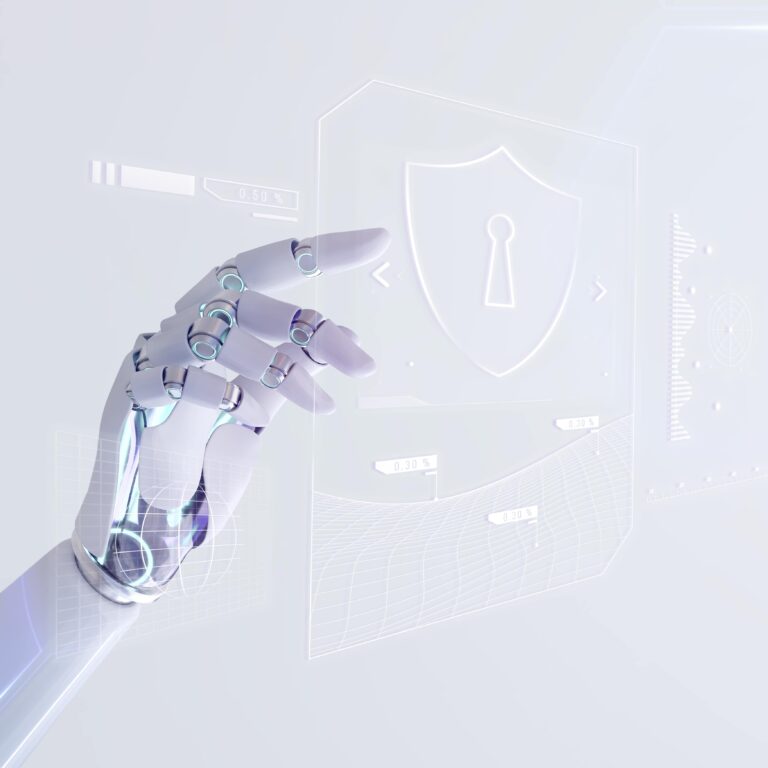Will the role of the Data Protection Officer change? – As a result of Regulation AI
The protection of personal data has become a priority for organizations around the world. Since the entry into force of the General Data Protection Regulation (GDPR) In the European Union, the figure of the Data Protection Officer (DPD/DPO) has been essential for the implementation and monitoring of privacy and data protection policies. However, with the increasing adoption of artificial intelligence (AI) technologies and the impending implementation of the AI Regulation, a crucial question arises: How will this new regulatory framework affect the role of the DPO? In this article, we will explore the possible transformations in responsibilities and functions of the DPO as a consequence of the AI Regulation.
- The AI Regulation and its impact on data protection
The European Union's AI Regulation aims to establish a legal framework for the development and use of artificial intelligence, ensuring that these technologies are used ethically and safely. This regulation introduces new obligations for organizations that develop, implement, or use AI systems, particularly with regard to the protection of personal data.
- New responsibilities for the DPO
With the entry into force of the AI Regulation, the DPO is expected to assume new responsibilities related to the oversight and enforcement of AI-specific regulations. This includes assessing risks associated with the use of AI systems, implementing mitigation measures, and ensuring that personal data used in these systems is handled securely and in compliance with the law.
- AI Impact Assessment
One of the DPO's main tasks will be to conduct AI Impact Assessments (AIIAs). These assessments, in addition to the Data Protection Impact Assessments (DPIAs) already being conducted, will be crucial to identifying and mitigating potential risks associated with the use of AI, particularly in terms of privacy and data protection. The DPO will need to work closely with development teams to ensure that best practices are implemented from design to implementation. AIIAs will assess not only technical risks but also ethical risks, ensuring that AI systems do not perpetuate bias or discrimination.
- Training and awareness
The Training and awareness-raising on the ethical and safe use of AI This will be another key area where the DPO will play a pivotal role. This includes employee training and awareness raising on the risks and benefits of AI, as well as promoting a culture of compliance within the organization. The DPO will need to develop specific training programs for different levels of the organization, ensuring that all employees understand their responsibilities in relation to AI and the Data Protection.
- Collaboration with other areas of the organization
The DPO should work closely collaboration with other areas of the organization, such as the IT department, legal team, and compliance officers, to ensure that AI policies and procedures align with data protection regulations.

- Adapting to an evolving regulatory environment
He regulatory environment around AI The DPO is constantly evolving, and the DPO must stay up-to-date on changes and developments in legislation. This will require ongoing monitoring and the ability to adapt the organization's policies and procedures to comply with new regulations and guidelines. The DPO must also be prepared to respond to inquiries and audits from regulatory authorities, demonstrating the organization's compliance with AI and data protection regulations.
- Ethics and transparency in the use of AI
These will be fundamental pillars in the use of AI, and the DPO will play a crucial role in ensuring that organizations adopt an ethical approach to the development and implementation of AI systems. This includes transparency in data collection and use, as well as clear communication with users about how their data is used in AI systems. The DPO must promote responsible AI practices that respect the rights and dignity of individuals.
- Incident management and security breach response
These are critical areas in which the DPO must be highly skilled. With the use of AI, organizations may face new types of threats and vulnerabilities. The DPO must develop and maintain incident response plans that include specific procedures for handling security breaches related to AI systems, ensuring a rapid and effective response to minimize the impact on data privacy.
- Continuous monitoring and audits
Continuous monitoring and periodic audits will be essential to ensure that AI systems comply with data protection regulations. The DPO must establish monitoring and control mechanisms to detect and correct any deviation from established policies. These audits will help identify areas for improvement and ensure that AI practices remain aligned with privacy and security standards.
- Innovation and continuous improvement
Finally, the DPO must foster a culture of innovation and continuous improvement in privacy and data protection management. This includes adopting new technologies and approaches to improve data security and privacy, as well as participating in research and development initiatives in the field of AI.
Conclusion
The role of the Data Protection Officer is set to continue to evolve significantly with the implementation of the AI Regulation. This new regulatory framework not only introduces new responsibilities and challenges for the DPO, but also highlights the importance of their role in data protection in a world increasingly driven by artificial intelligence.




































